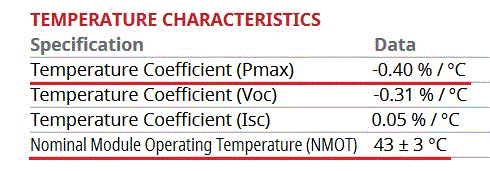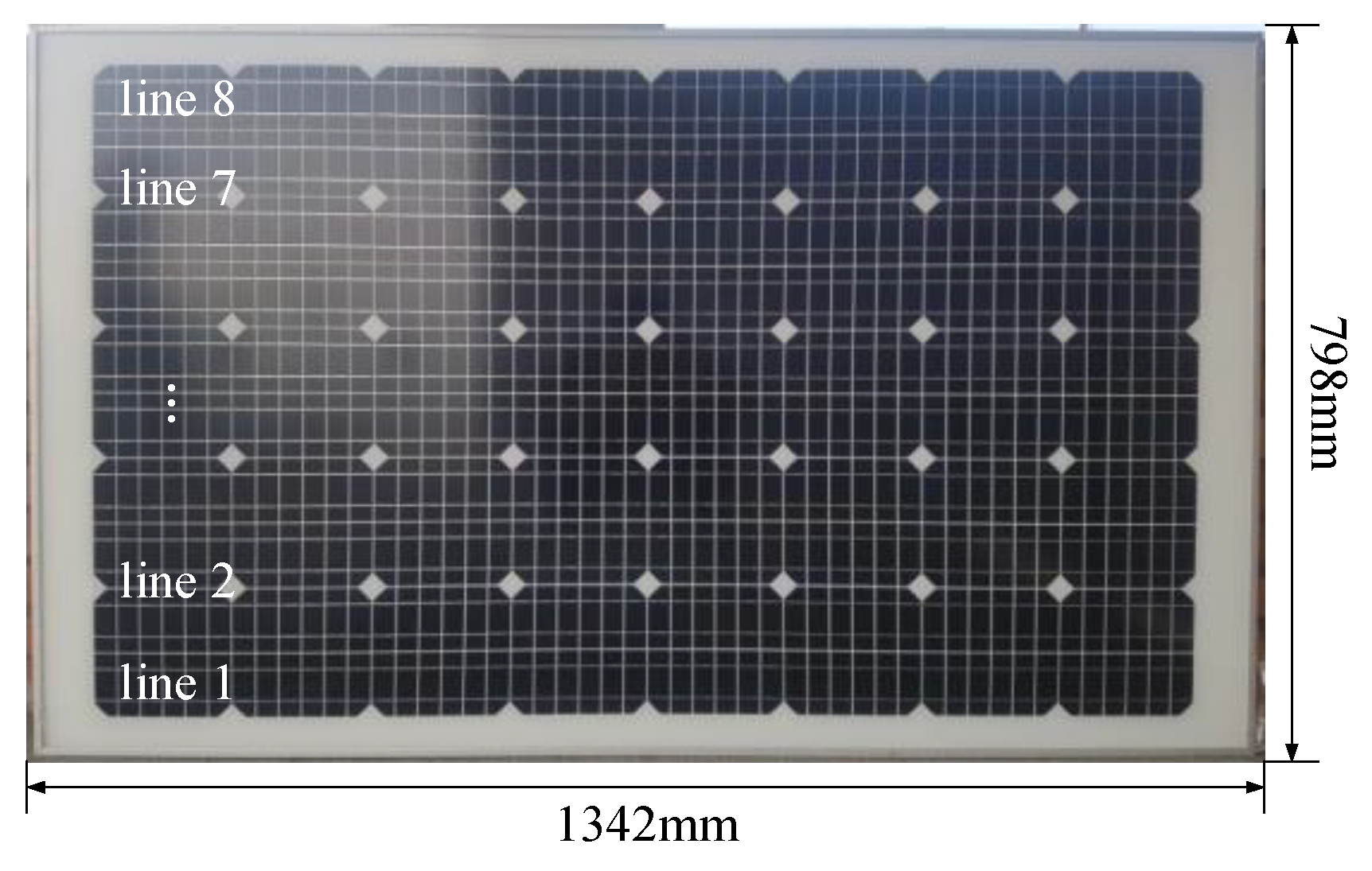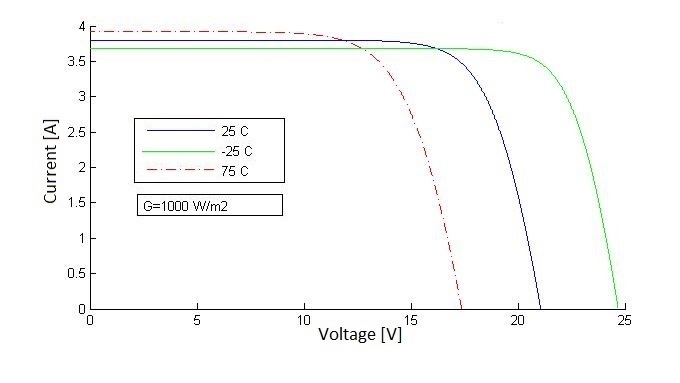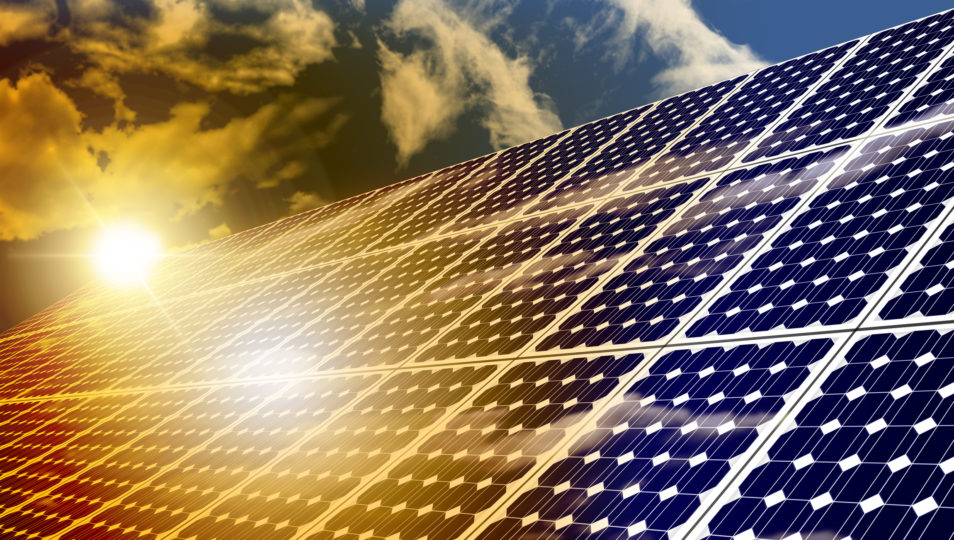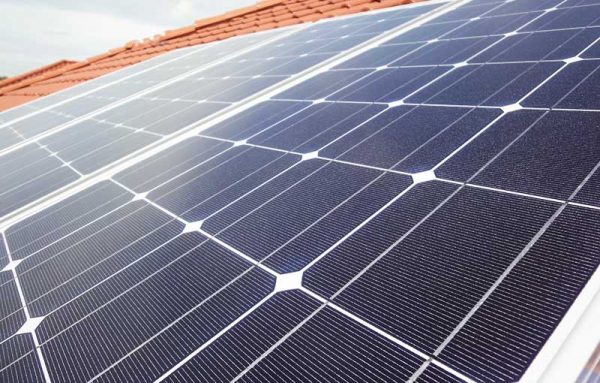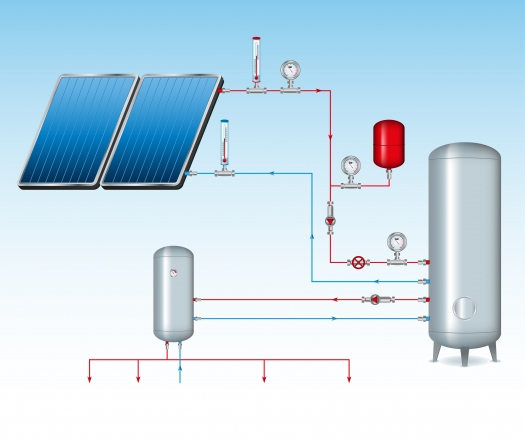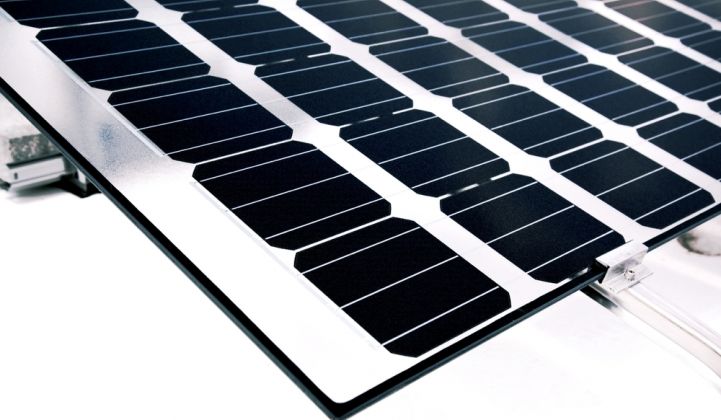As for harsh winters cold temperature can actually improve solar panel output and white snow can reflect light and improve photovoltaic performance.
Does cold weather increase coefficient of solar panels.
For solar panels this impact is reflected through the temperature coefficient which is expressed as the percentage decrease in output for every 1 degree celsius c increase in temperature from 25 c 77 f.
However you can increase how much sun your solar panels receive just by facing them toward the sun and tilting them seasonally.
While there is little to be.
Solar panels are tested for their efficiency at 25 c and that is why this is used as the reference point.
In colder weather the voltage of a panel will go up and in warmer weather the voltage goes down.
Top rated solar panels are engineered to withstand winds of up to 140 mph.
For example when the temperature coefficient is minus 0 5 percent it means that efficiency decreases by 0 5 percent for every degree above 25 c or every 33 8 degrees above 77 f.
Like most electronics solar panels function more efficiently in cold conditions than in hot.
The temperature coefficient tells us the rate of how much will solar panel efficiency drop when the temperature will rise by one degree celsius 33 8 f.
Even in cold northern latitudes and rainy climates solar power is a reliable and resilient energy source.
Solar panels actually produce electricity more efficiently in cold weather.
In winter months solar panels will brighten your day and your home.
While temperature won t change how much energy a solar panel absorbs from the sun it actually can change how much of that energy is converted into electricity.
So long as panels aren t covered in snow winter climates can actually be an ideal environment for solar panels.
By taking into account the temperate coefficient one can design a system so that the voltage of the strings of the panels does not increase in cold weather to the point where they can cause damage to the charge controller.
This means that your panels will produce more power for each precious hour of sunshine during the short days of winter.
This is typical of most devices and electronic equipment so it shouldn t come as too big a surprise.
While cold temperatures help solar panels convert energy more efficiently shorter days will have an impact on your energy output since solar panels can only work when there s sunlight in the sky.
A solar installation generates clean renewable energy year round.


